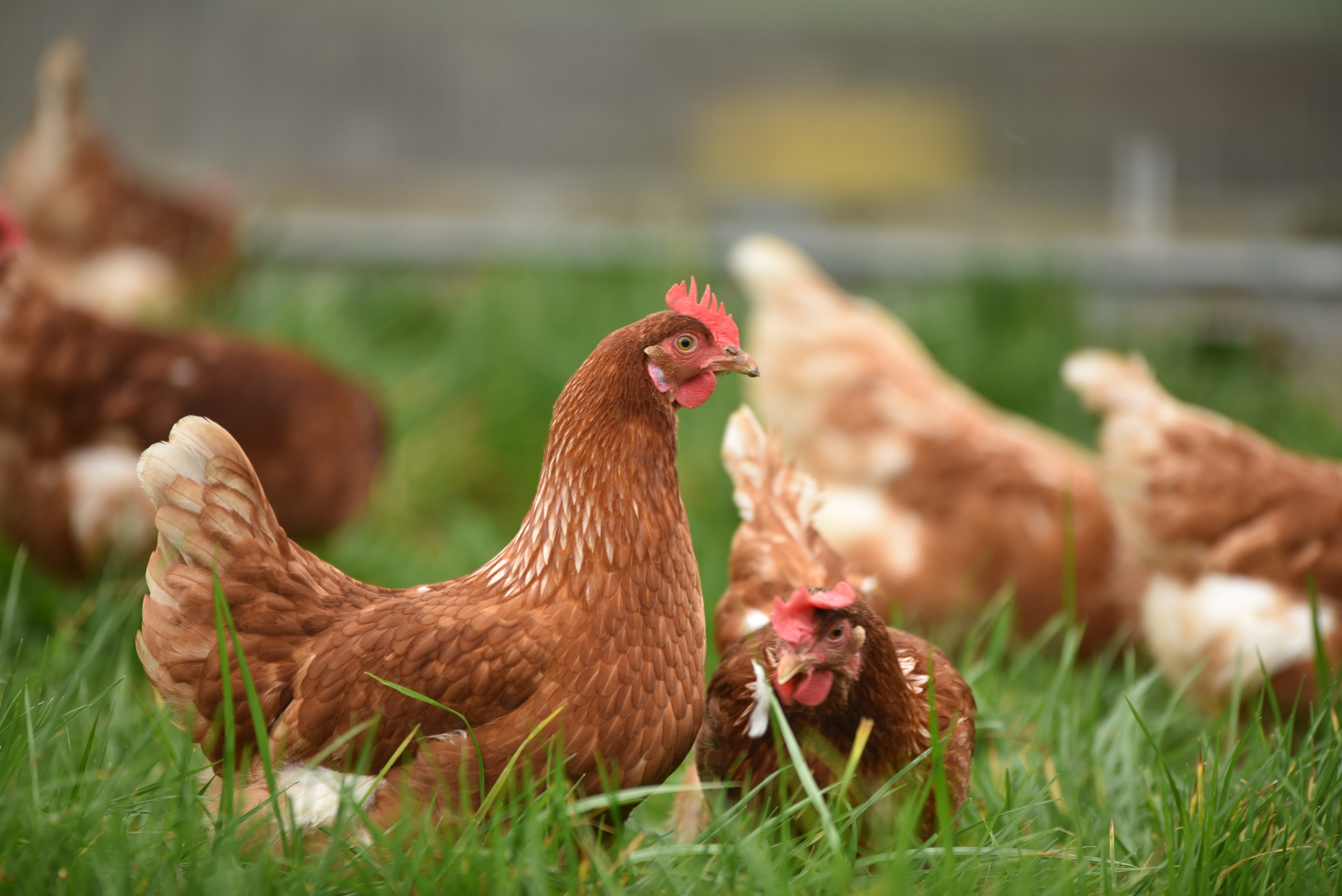Cytocell Ltd is a leading provider of innovative DNA screening solutions for detection of human genetic diseases in cytogenetics and cancer, and is part of Oxford Gene Technology whose mission is to provide world-class genetics research solutions. They were keen to tap into expertise at the University to explore the use of screening tools in non-human animals, and embarked on a Knowledge Transfer Partnership with Kent’s School of Biosciences.
The Challenge
Cytocell Ltd were interested in creating screening tools for non-human animals. Previously they had focussed exclusively on products for humans for use in the clinical diagnostic market so a foray into the non-human world was a new venture for the company which would give them access to new markets.
The Approach
A 30 month Knowledge Transfer Partnership was established between Cytocell Ltd and Professor Darren Griffin and his team from Kent’s School of Biosciences. They provided the company with valuable expertise in bioinformatics, genome sequence searching and preparation of non-human samples.
“The potential for the cattle and pig devices is particularly exciting, not only for the sales that it will bring but also for the opportunity to contribute to the improvement of food production worldwide.”
Martin Lawrie, Managing Director at Cytocell Ltd
The Result
Three new products arose from the project. These included a device for looking for chromosome abnormalities in mice and mouse cell lines; a device for identifying evolutionary rearrangements in birds; and a device to screen for infertility in pigs. A similar device for cattle is also in the development stage. Each of these devices incorporate a set of FISH probes in a variety of different colours which could also be made as individual products.
The new knowledge Cytocell has acquired has enabled them to target previously unfamiliar markets including the farm animal reproduction industry. The partnership is looking forward to future collaborations.
“The relationship with the University of Kent is now a mature and productive one. We have recently supported a BBSRC grant application that will develop it further and will, I am sure, ultimately lead to further products.”

